
Decentralized Infrastructure Network (DIN)
Decentralized Infrastructure Network (DIN)
DIN is a decentralized API marketplace for web3 infrastructure. Currently in federated phase with Infura and 50+ Providers
Subscribe to Decentralized Infrastructure Network (DIN)
Receive the latest updates directly to your inbox.
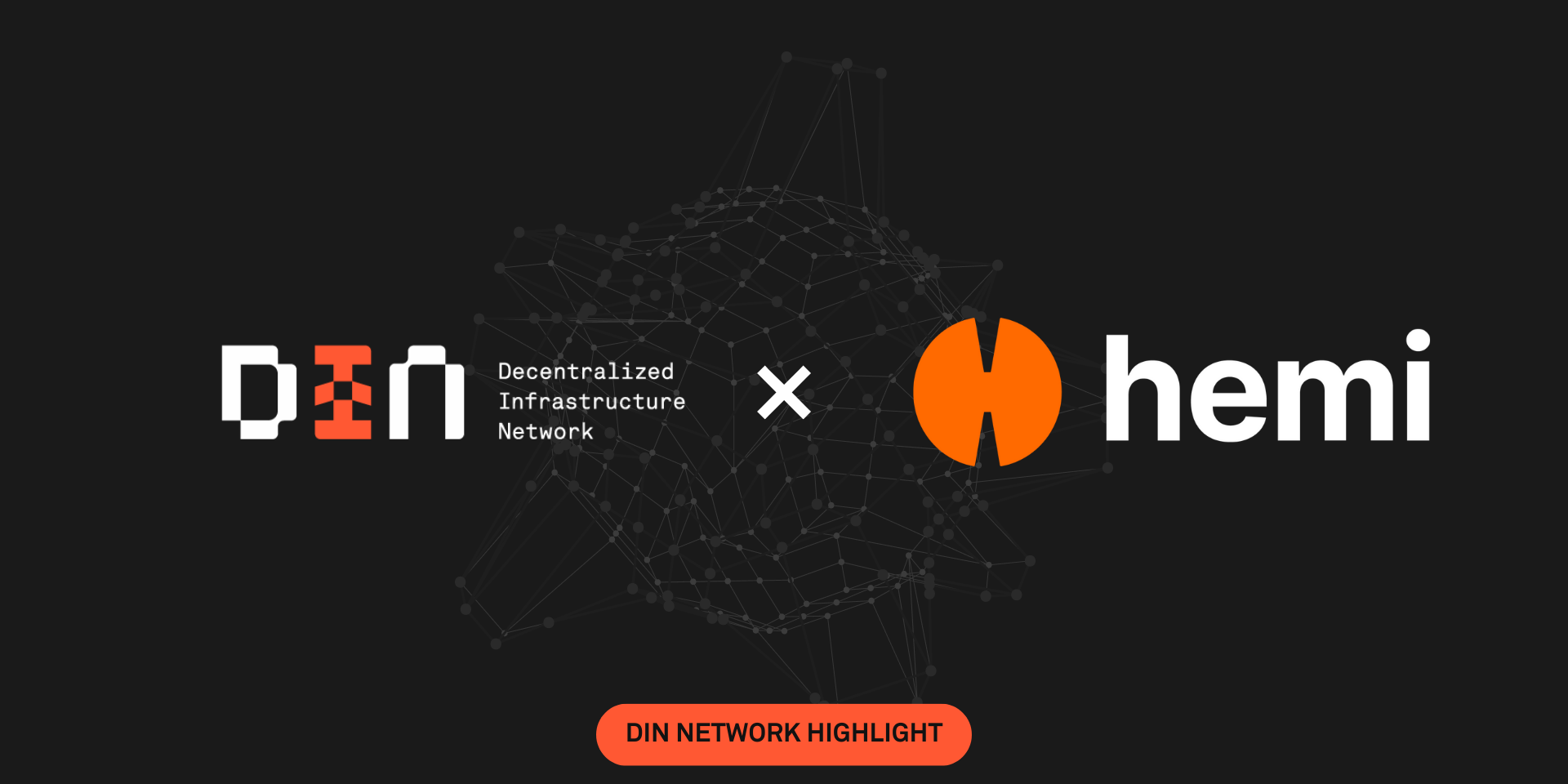
[DIN Highlight] Hemi Network - Unifying Bitcoin and Ethereum
This week, we spotlight Hemi Network, a modular Layer-2 that bridges the two largest blockchains by volume and capitalization with a decentralized infrastructure backbone.
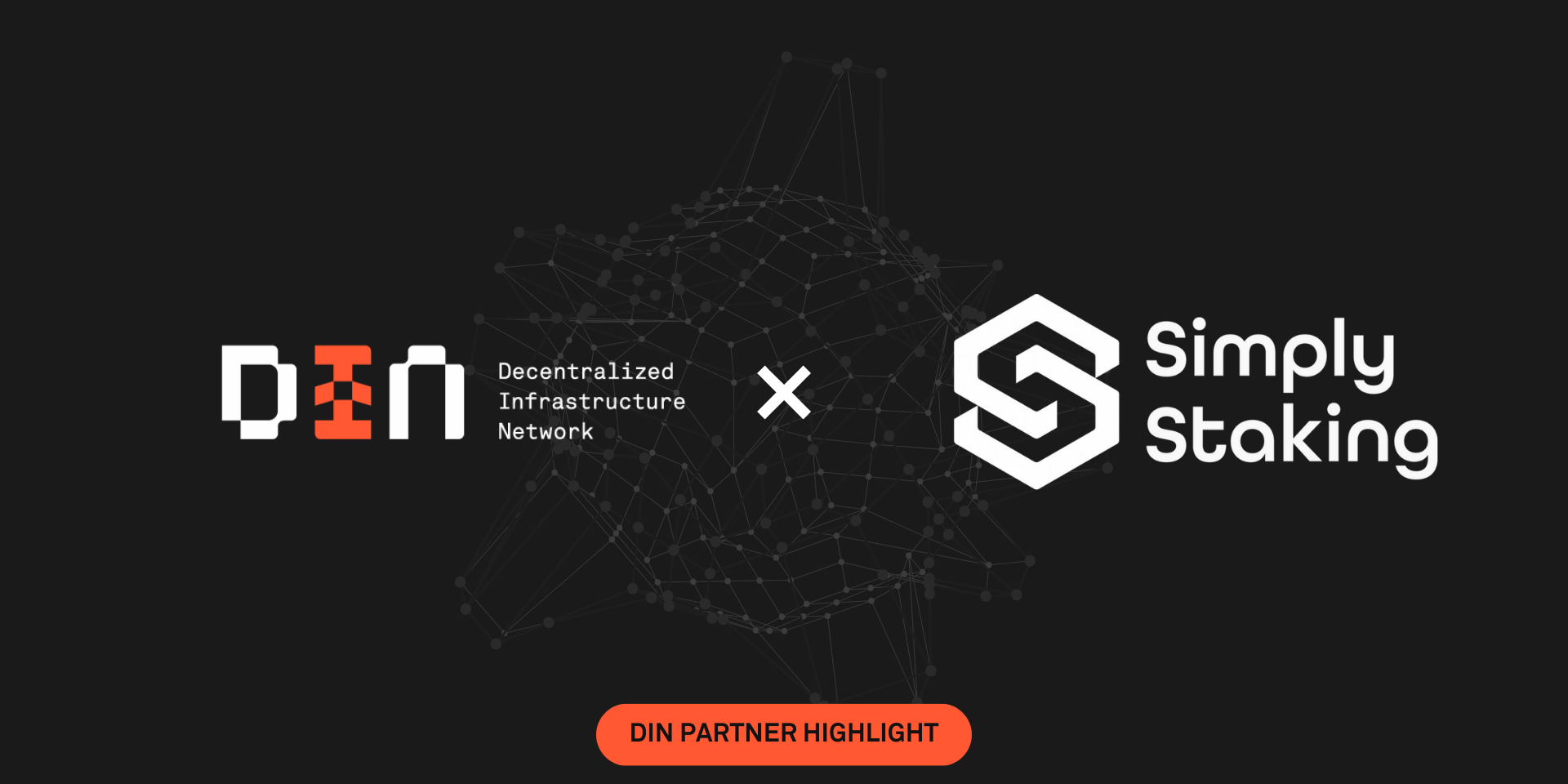
[DIN Partner] Simply Staking
This week DIN spotlights Simply Staking, a professional blockchain infrastructure company with more than seven years of production experience. The team secures $1B+ in assets across 40+ networks and works with recognized names across the ecosystem, including Cosmos SDK, Chainlink, Fuel Labs, and Babylon. Beyond validation, Simply Staking operates a full suite of infrastructure products such as Spectrum Nodes, which handles 1B+ daily API requests across 170+ networks. Becoming a DIN Provider was a natural fit with their belief that RPC should never be a centralized bottleneck.
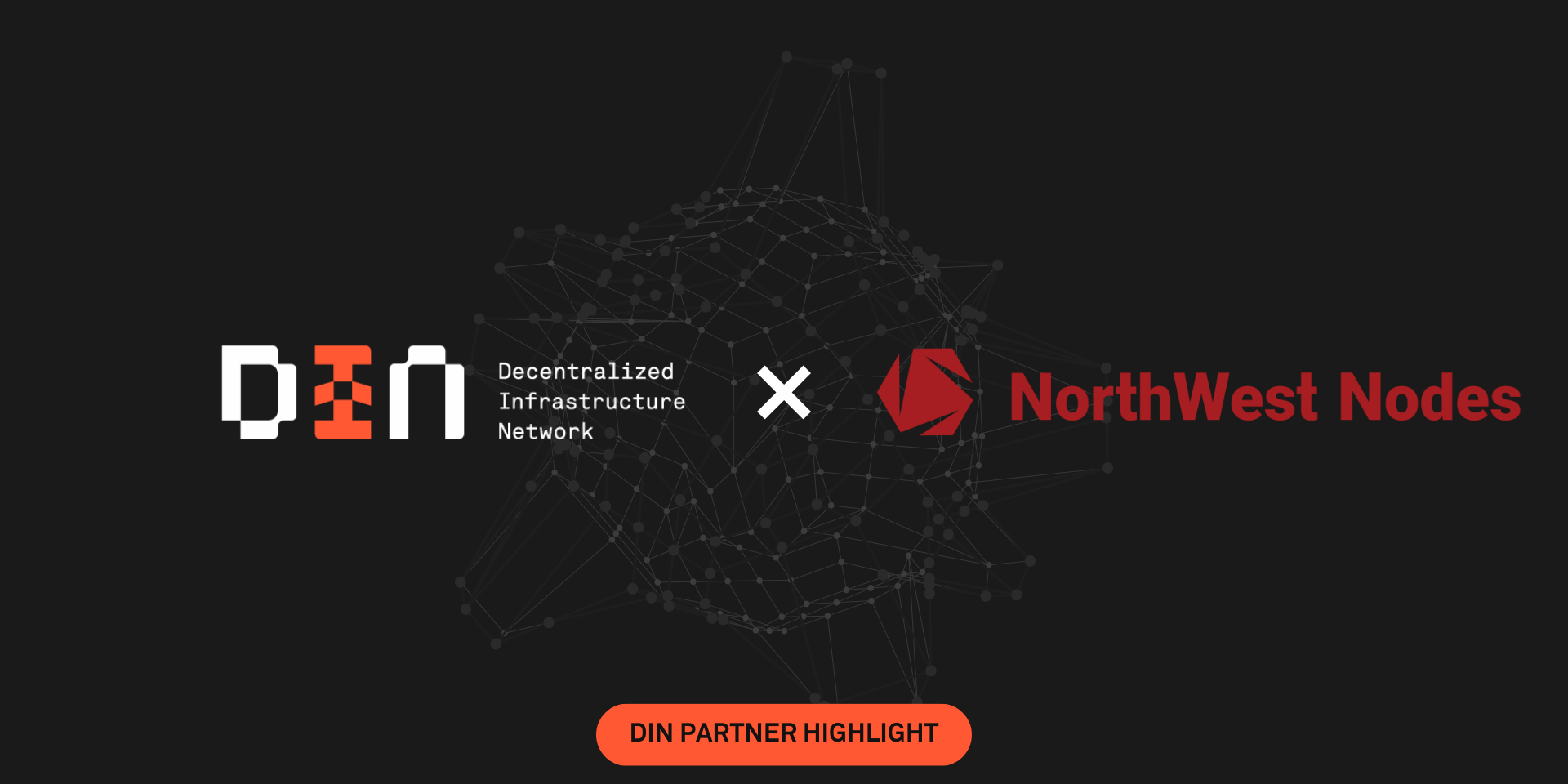
[DIN Highlight] NorthWest Nodes
This week DIN spotlights Northwest Nodes, a provider that cut its teeth operating Chainlink nodes and grew into a broader infrastructure partner for high-performance networks. From the start, the team focused on working with the best engineering groups in crypto, applying disciplined operations to deliver reliable access for builders.
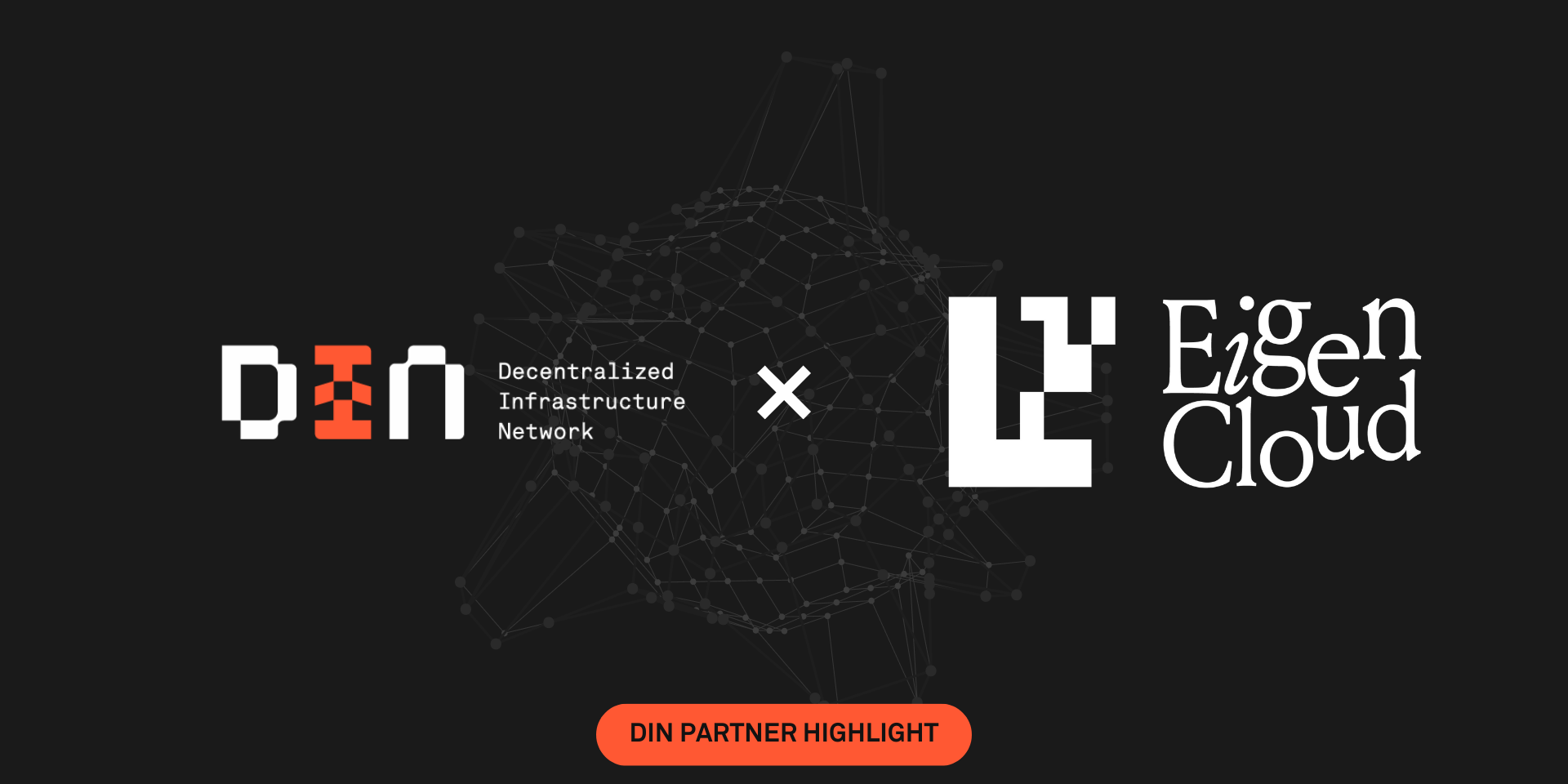
[DIN Highlight] EigenCloud
This week DIN spotlights EigenCloud, the new developer platform from Eigen Labs that extends blockchain-grade trust and verifiability to any application, on-chain or off-chain. Built on top of the EigenLayer restaking protocol and secured by the $EIGEN token, EigenCloud unifies third-party Autonomous Verifiable Services (AVSs) with first-party primitives such as EigenDA (data availability) and verifiable compute.
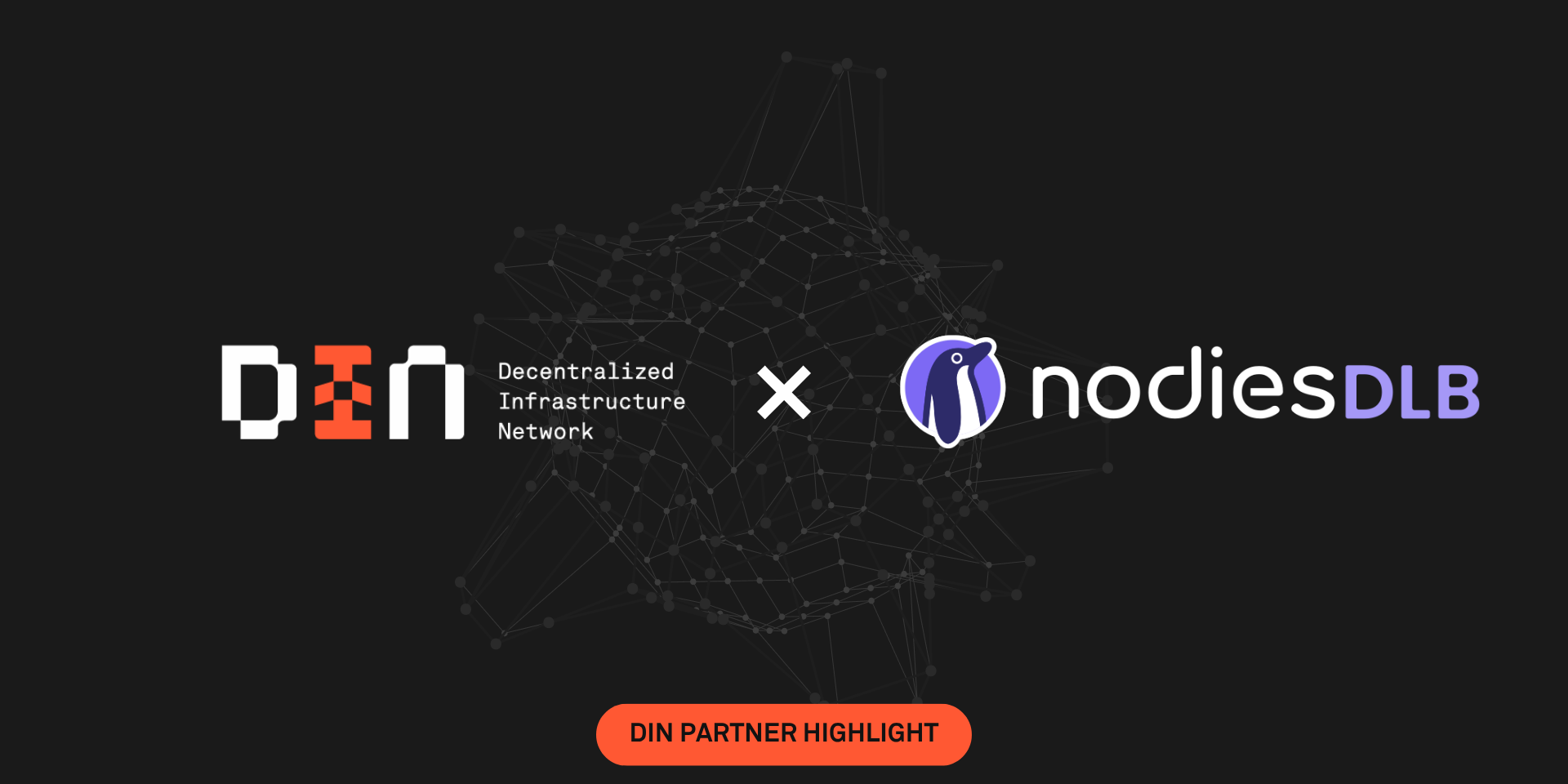
[DIN Provider Highlight] Nodies
This week DIN spotlights Nodies, an infrastructure team that has operated high-performance blockchain services since 2021 and now supports more than forty networks. Born from engineers with experience at top cryptocurrency firms, Nodies began by offering low-latency RPC endpoints, then expanded into node snapshots, indexing, and custom infrastructure. Their goal has remained constant: push decentralization deeper into the tech stack so builders can rely on resilient, censorship-resistant access points.
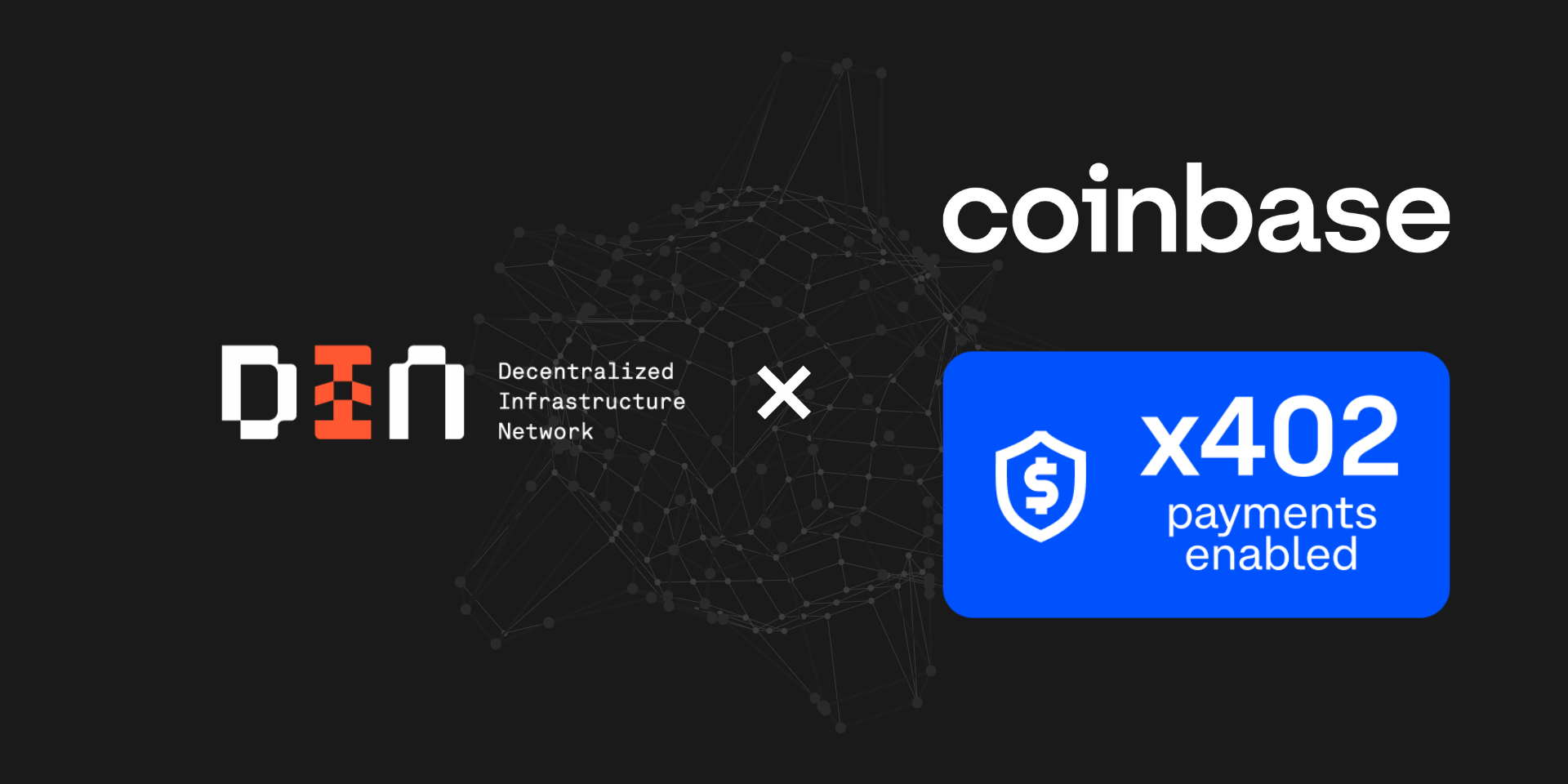
Making APIs easier for AI: DIN Integrates Coinbase's x402 Payment protocol
DIN’s co-founder, EG Galano, recently presented at CODE NYC Coinbase Hackathon in Brooklyn on Aug 9 talking about our implementation of x402 for DIN endpoints. For those who need a refresher, x402 is an internet-native payment protocol that was developed by Coinbase for fast, cheap, and AI-friendly payments. Our code calling this implementation is available for review:
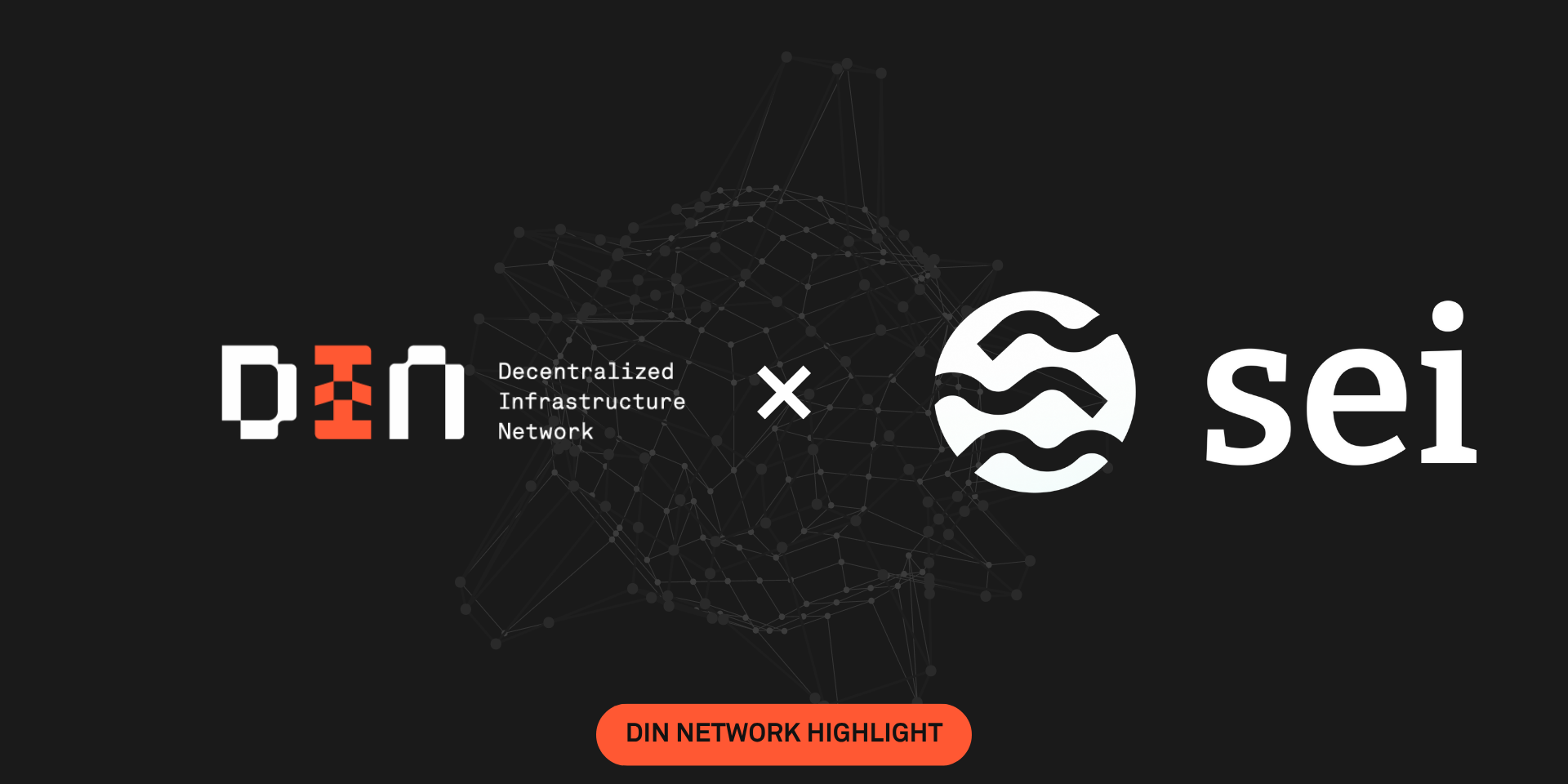
[DIN Highlight] Sei Network
This week on DIN's highlight, we turn our attention to Sei, a high-performance Layer-1 blockchain built for parallelized execution, Ethereum compatibility, and scalability at Solana-level speed. This is currently live on MetaMask Developer Dashboard via Infura and decentralized by DIN.
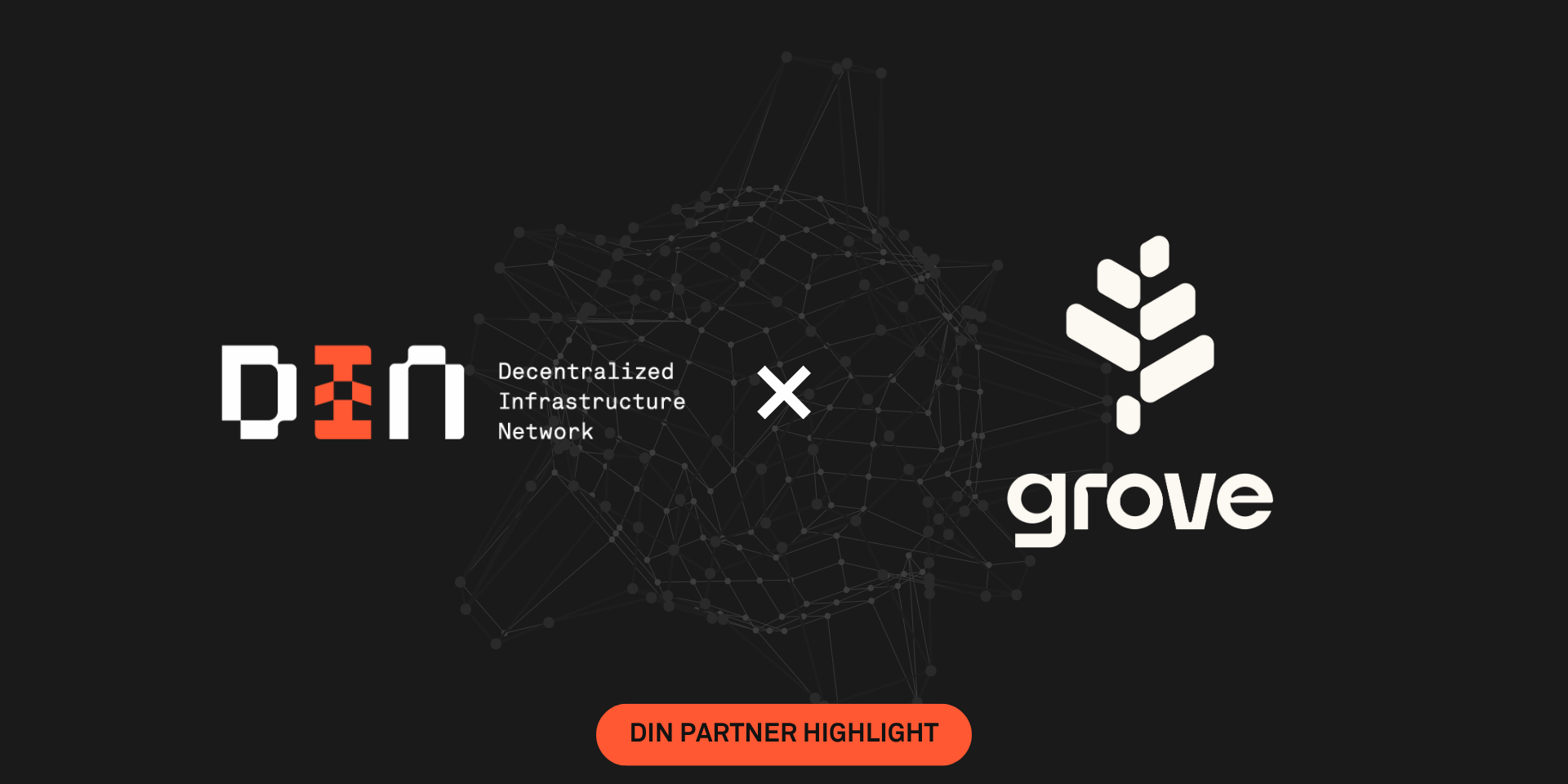
[DIN Highlight] Grove
This week DIN spotlights Grove, the protocol-native team that spun out of Pocket Network to build unstoppable infrastructure coordination. Grove has been decentralizing access since 2017; now the team is preparing a major leap forward with the Shannon upgrade, a new Cosmos SDK blockchain (launched June 3, 2025) that turns Pocket into a sovereign chain built for permissionless gateways and open-data services.
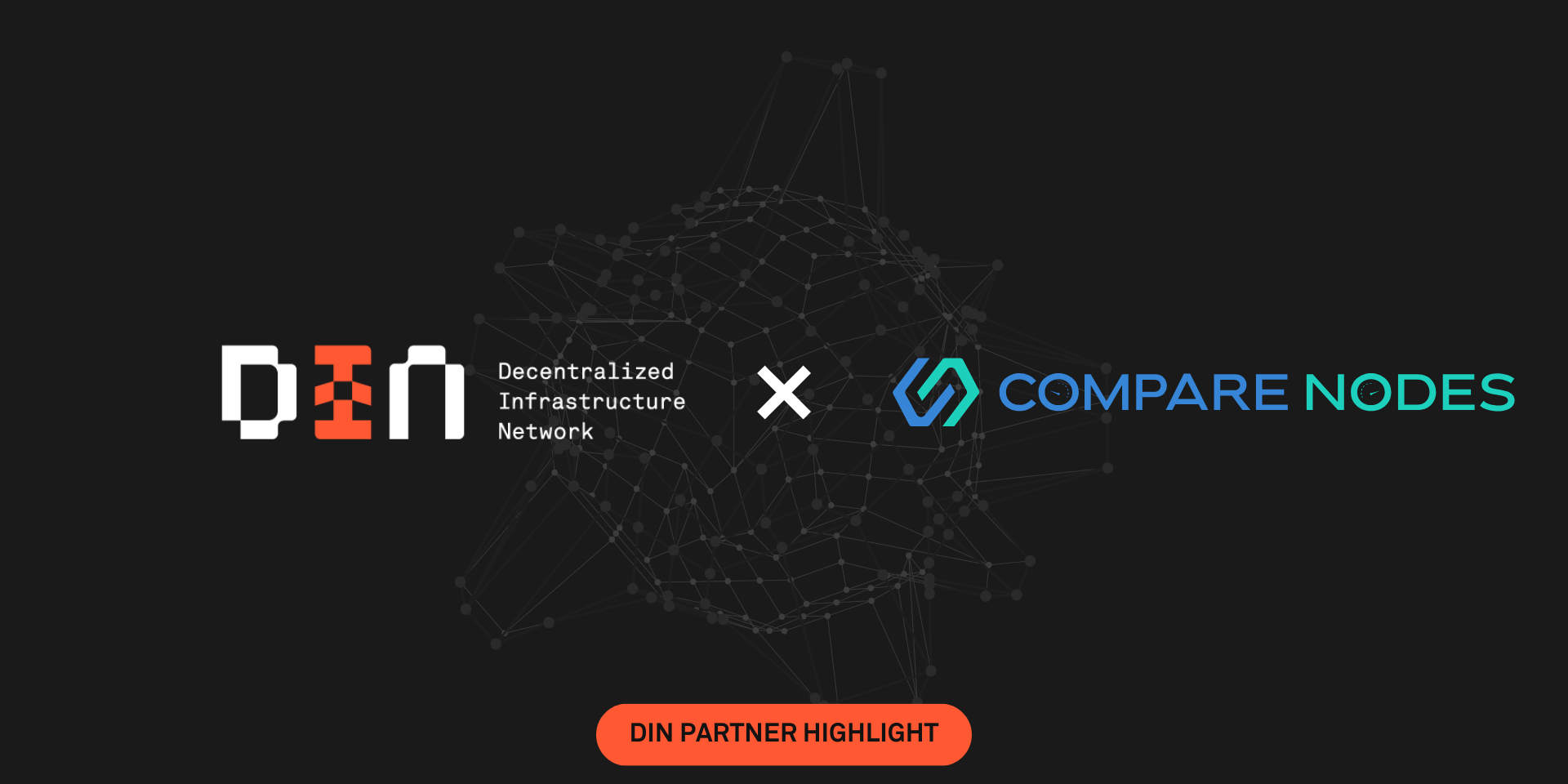
[DIN Highlight] CompareNodes
This week DIN spotlights CompareNodes, the first independent Watcher to join our ecosystem and a pioneer in transparent RPC benchmarking. Rather than operate nodes, CompareNodes measures them, giving builders verifiable data on latency, throughput, error rates, and stability across twenty-seven global test locations. Their neutral, audit-ready metrics are now woven into DIN’s decentralized stack, raising the bar for provider accountability.
